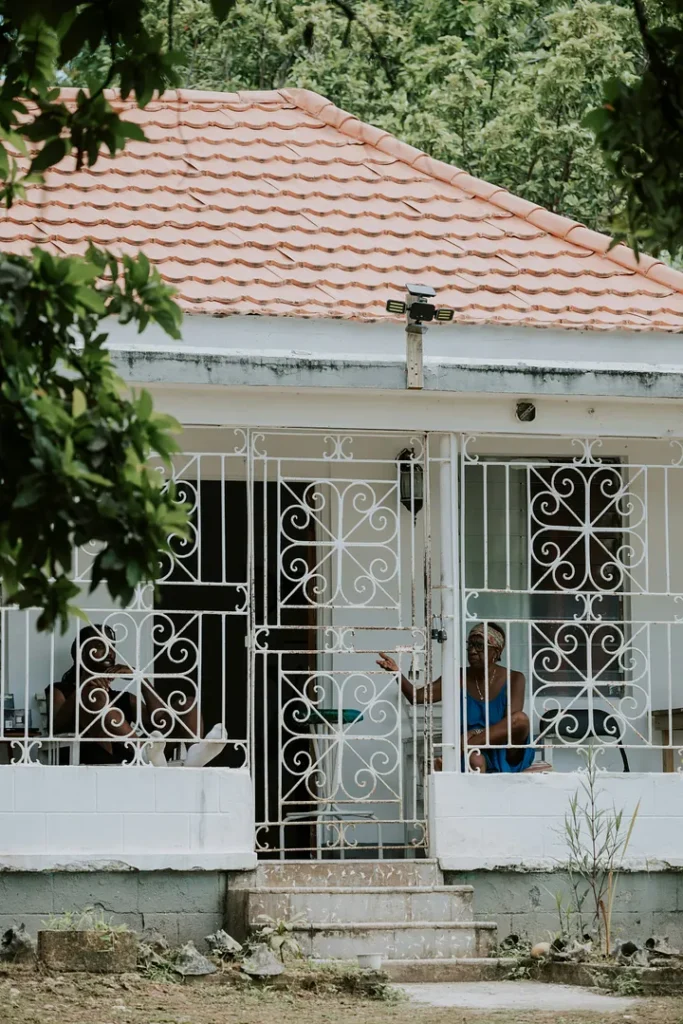Caregivers have gained national attention because family members have been and will continue to be the primary care providers. The urgency of caregiving is more pressing than ever. Even with the established National Family Caregiver Support Programs, qualifying for them can be challenging. Much research shows that providing care to a loved one harms one’s mental health and well-being, especially in ethnic populations.
Caregivers often work in isolation because help is sporadic or occurs at the convenience of others asked to help. The reasons families do not lend assisting hands are countless. A few examples: Too busy is the primary reason, followed by economics, and family members cannot withstand seeing elderly family members in a deteriorating state. These stated examples heighten the need for support in their roles from a local, state, and national level.
Have you considered that caregiving is an emerging public health issue? Over the years, complex and fluctuating responsibilities have demanded attention from the public, and many organizations are available to support the mission. Caregiving investment requirements for an aged loved one can be a few hours to a full-time schedule. Most of the impact is on informal caregivers(those not paid).
Bringing awareness to the public sector is now a priority. Society needs to make a concentrated effort to reduce caregiver burden, foster their well-being and mental health, and improve the face of caregiving. The pressure is tremendous for families to assume the role of caregiver because human resources are dwindling. Also, a disproportionate number of female caregivers are in charge of their elderly loved ones, but males need more credit, because they are stepping up as caregivers. Support for the caregiver role must be front and center because we need family caregivers. Many paid caregivers are leaving companies. The primary reasons are low income, poor benefits, and feeling undervalued and overworked.
As Your Proactive Caregiver Advocate, ask yourself, does the burden of caregiving impact the public’s health? If the answer is yes, you must pay attention to your loved ones aging in plain sight. Building an infrastructure of supports for caregivers and loved ones will improve caregiver effectiveness. You must make a plan. Have a family meeting. Discuss your plan of care for your loved one. Discuss the business side of caregiving. If you are considering placement, it will become increasingly complex in the current political climate.
Be Safe! Be Well!
Dr. Cynthia J. Hickman is a retired registered nurse and case manager who serves as the CEO of Your Proactive Caregiver Advocate. She’s excited to share her latest book, The Essential Caregiver Training Course for Corporations and Community. Her previous works, From the Lens of Daughter, Nurse, and Caregiver: A Journey of Duty and Honor and The Black Book of Important Information for Caregivers, reflect her experiences and insights gained during her heartfelt caregiving journey.

